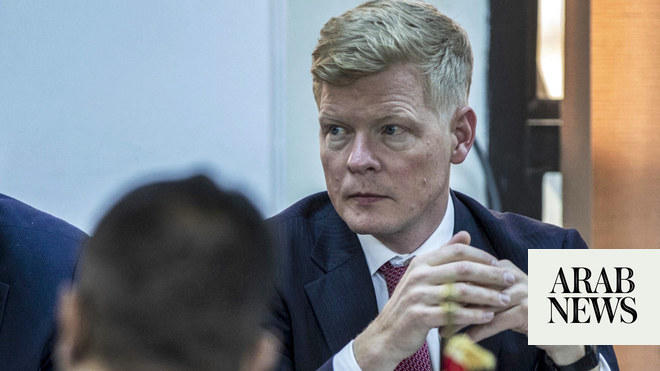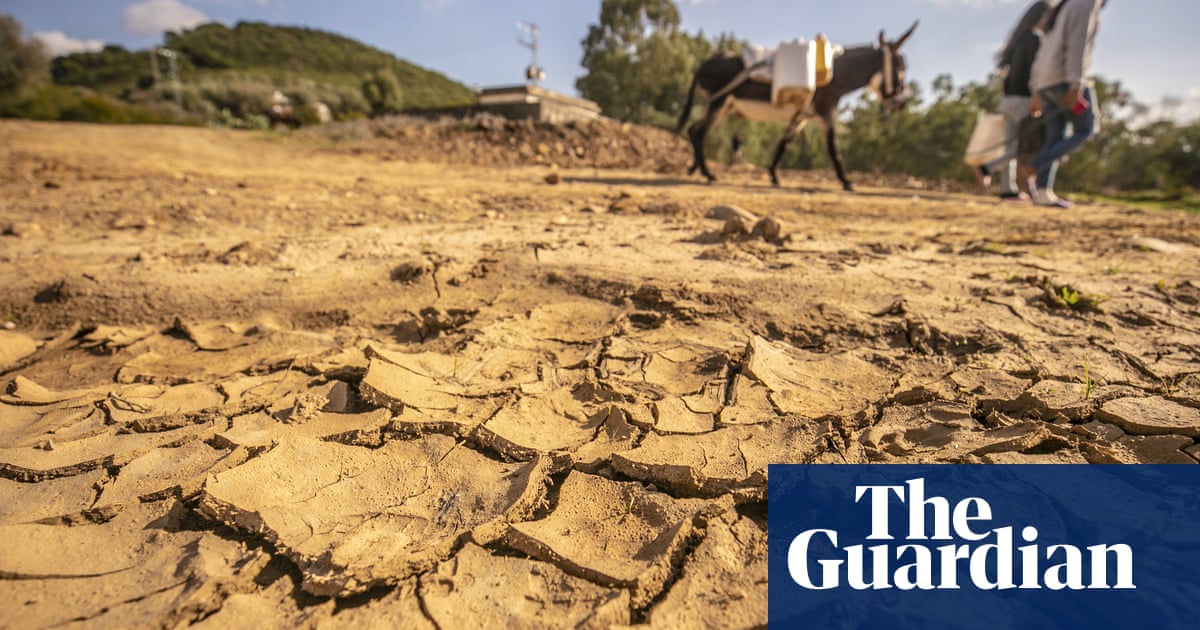
A leading thinktank has called on the government to set up an emergency “digital access fund” to provide tablets or other digital devices to households where children cannot get online.
With schools across England closed indefinitely as a result of the Covid-19 pandemic, lessons have gone online, making it difficult for those children without suitable technology to keep up with their studies.
Over the weekend, the government struck a deal with telecommunications companies to remove all data allowance caps on current fixed broadband services, which will help families trying to education and entertain their children.
According to the IPPR, however, around a million children do not have access to a device suitable for online lessons, or do not have an internet connection, and around a third of 16-24-year-olds live in
mobile-only households.
“The digital access fund would ensure the funds are there for schools for the duration of the crisis to do what they think is needed to help children to access online learning,” an IPPR spokesperson said.
The digital fund is part of an emergency support package drawn up by the left-leaning Institute for Public Policy Research (IPPR) to “save children of the pandemic from becoming its unseen victims”.
The IPPR would like families to be given the right to paid parental leave for those who need to look after children under the government’s coronavirus job retention scheme, following similar measures in France and Italy.
Supporting the call, the TUC general secretary, Frances O’Grady, said: “With schools and nurseries closed, lots of parents with younger children have no choice but to care for them at home. For many, this means they can no longer work. Parents urgently need paid parental leave and protection from losing their jobs during this exceptional time.”
In addition, the IPPR is calling for a £10-a-week increase in the child element of universal credit and child tax credit, plus the scrapping of the two-child limit and the current benefit cap to boost family income by £1,400 a year on average.
It also calls for a one-off emergency £30 child benefit payment for 12.7 million children, plus an additional £5 per week for each child, and suggests children should be given priority use of public parks and other private green spaces to enable them to enjoy the outdoors safely during the lockdown.
The IPPR director, Carys Roberts, said: “It’s crucial that the government ensure that the poverty, educational and health gaps we and our children already face are not widened further by our response to the pandemic.
“It’s especially important that policymakers do not overlook the impact of the measures on a generation of the UK’s children, who have least voice in what’s happening but will live with the consequences of our decisions for decades to come.”
Kathy Evans, the chief executive of Children England, added: “Despite the welcome measures so far announced, worsening household poverty and social isolation risk being a major threat to children’s and families’ health and safety, and to their prospects of recovery from the social and economic impacts of this pandemic.”
The Department for Education was approached for comment.












